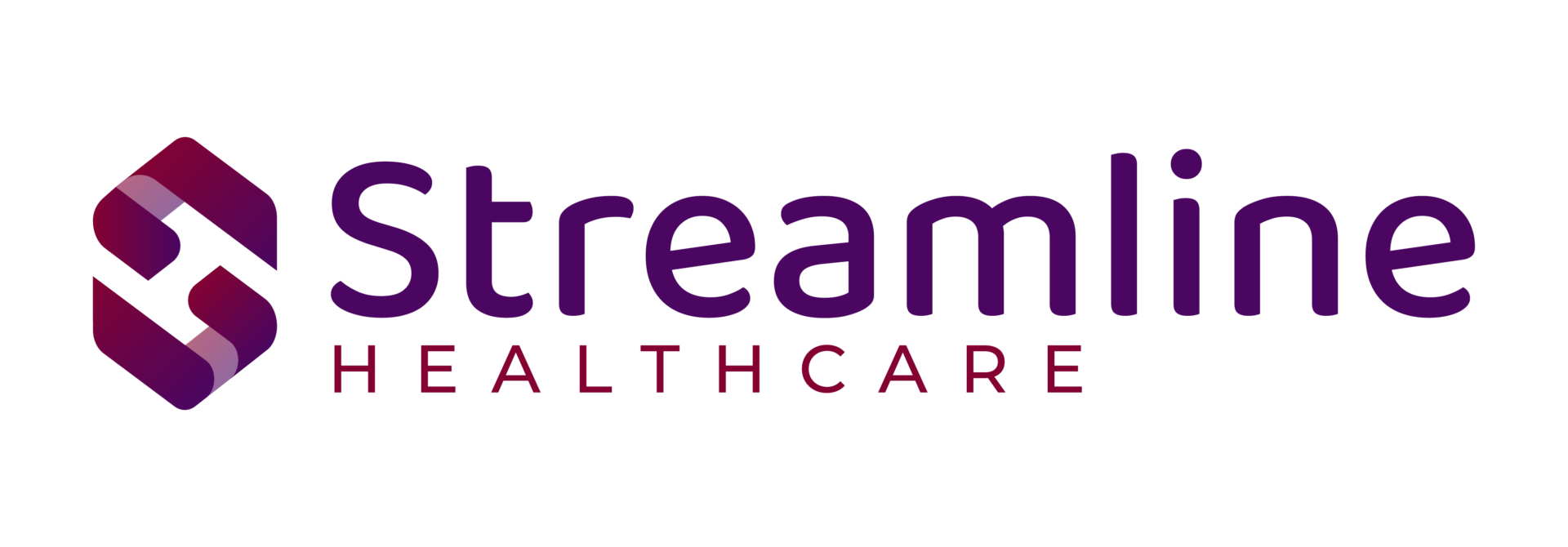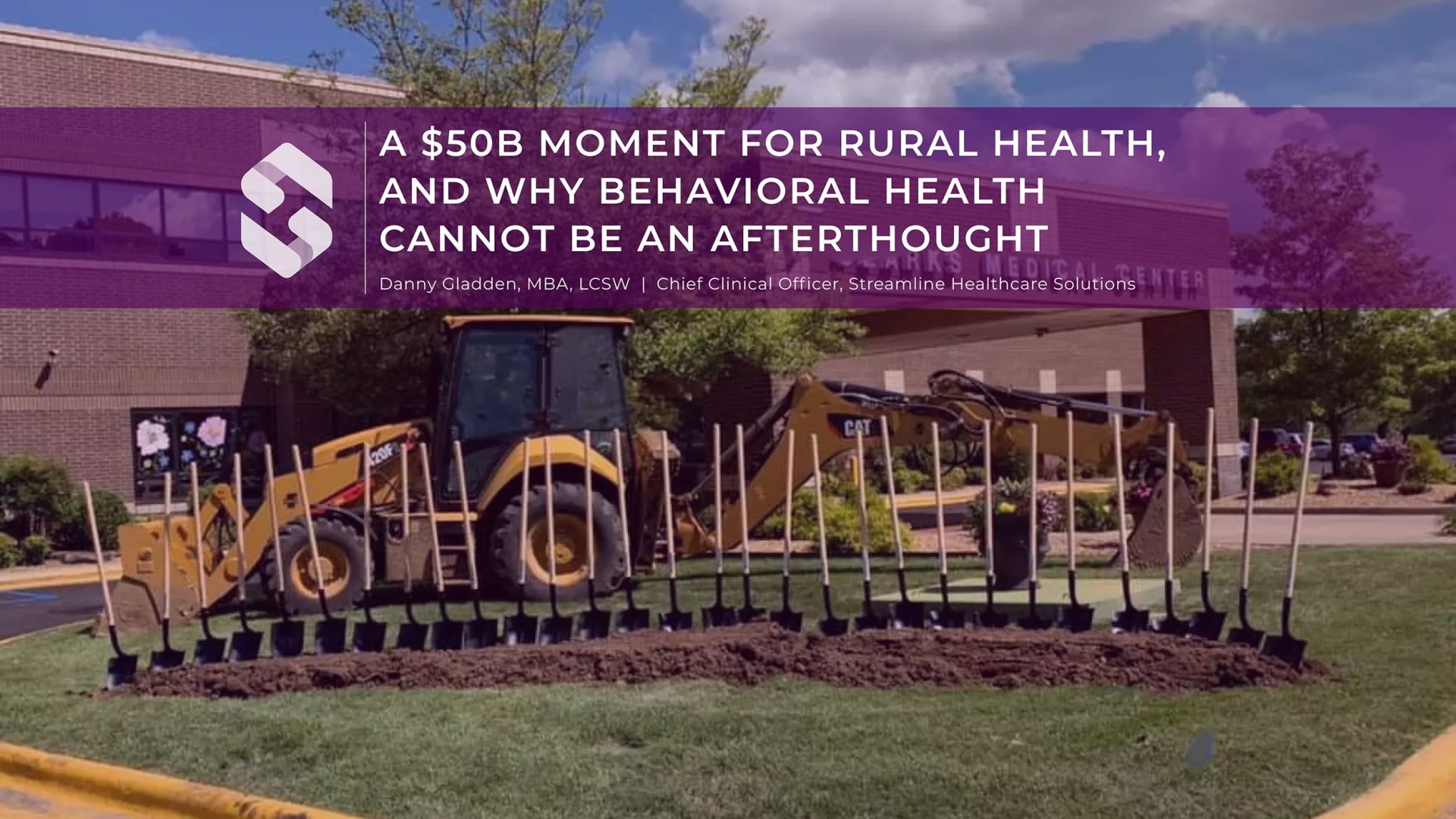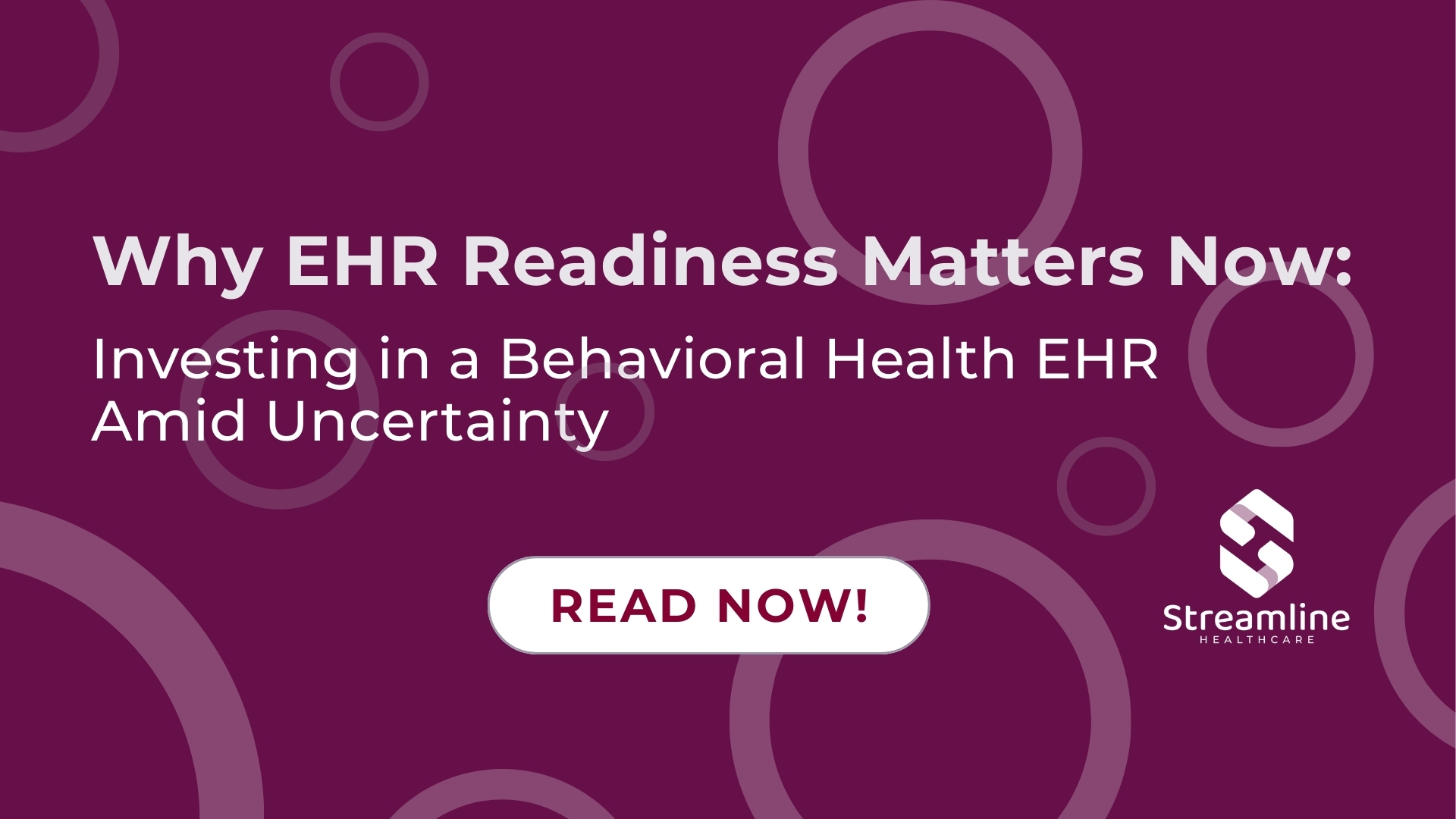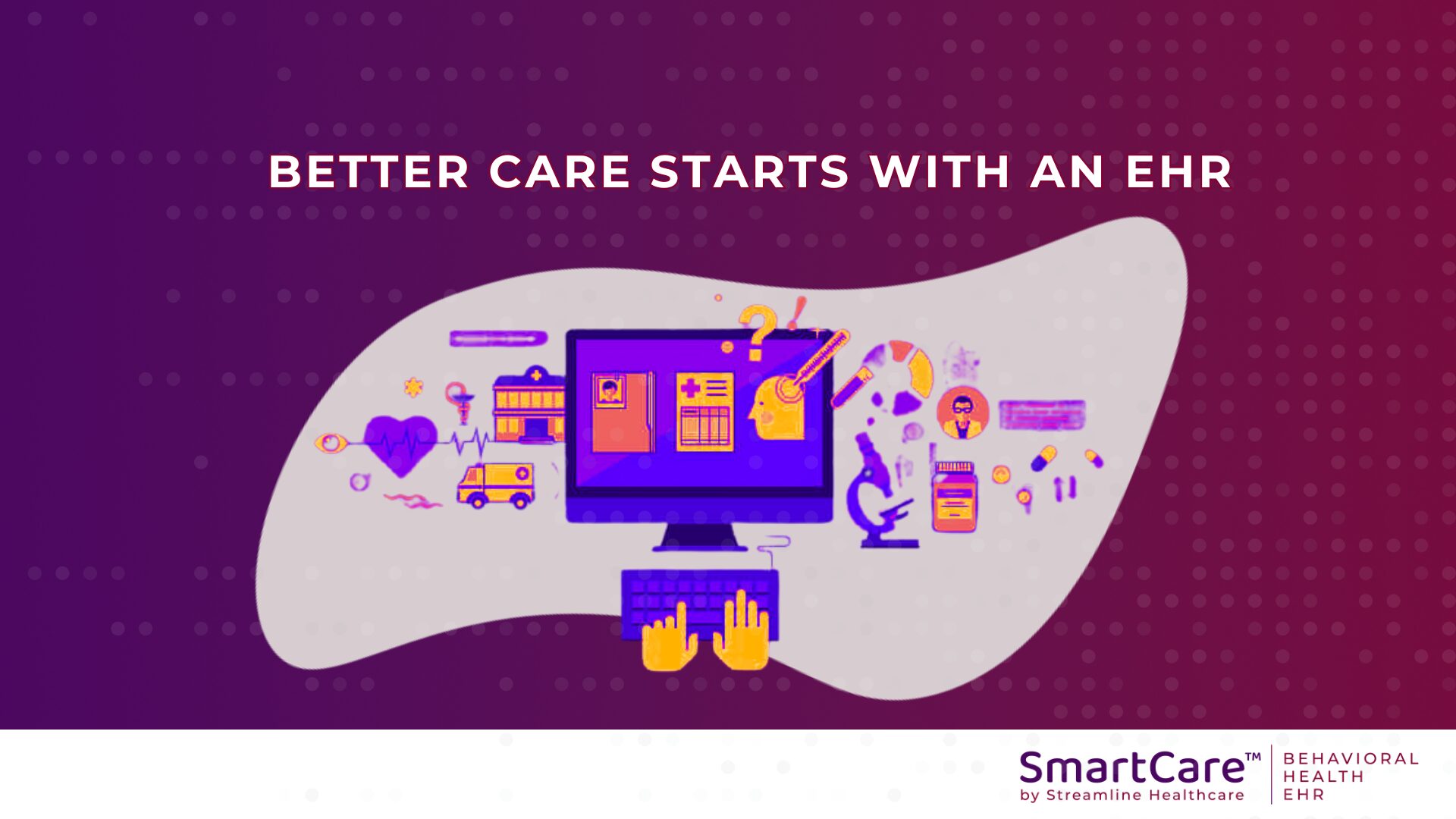In March, the Substance Abuse and Mental Health Services Administration (SAMHSA) updated the certification criteria for Certified Community Behavioral Health Clinics (CCBHCs), with a particular focus on suicide and crisis care, the opioid epidemic, and health equity.
The complete criteria update is available on the SAMHSA website, as is a summary of the changes. SAMHSA notes that clinics and states are on different schedules to come into compliance with the updated criteria, with most being required to come into compliance by July 1, 2024.
Crisis Care
According to SAMHSA, “Crisis care requirements in the criteria have been amended to align with the National Guidelines and the implementation of 988 while recognizing the difference in state definitions and the varying availability of crisis services. Trauma-informed approaches must be applied to crisis care services.”
The new criteria require integration of SAMHSA’s National Guidelines for Behavioral Health Crisis Care – A Best Practice Toolkit, which includes minimum standards for the coordination of crisis services, mobile crisis response, and crisis stabilization.
With regard to the 988 Suicide & Crisis Lifeline instituted in 2022, the updated criteria require, among other things, that CCBHCs ensure all persons receiving services have discussed a crisis plan, “even if it is simply to call 988,” and that CCBHCs have a care coordination partnership with the 988 Lifeline call center serving the area in which the CCBHC is located.
Opioid Epidemic
“In the midst of the continuing national overdose crisis,” SAMHSA said it strengthened criteria in several areas “to increase the focus on substance use disorders and overdose.”
SAMHSA added the requirement that CCBHCs consult with or have addiction medicine specialists or physicians on staff unless the Medical Director has experience with substance use disorder.
Recognizing the need for the availability of Methadone, SAMHSA noted, “If the CCBHC does not have the ability to prescribe methadone directly, it should provide a referral to an OTP with care coordination to ensure access to methadone and coordination with other services in the scope of their facility’s legal ability to do so.”
Health Equity
SAMHSA also updated criteria to “include a more intentional focus on disparities and social determinants of health.” It added a requirement for CCBHCs “to have an explicit focus on populations experiencing health disparities (including racial and ethnic groups and sexual and gender minorities) and disaggregated data to track and improve outcomes for populations facing health disparities.”
As a part of the comprehensive diagnostic and treatment planning evaluation, SAMHSA also added the requirement that CCBHCs focus on social determinants of health and cultural, environmental, and linguistic factors that may affect an individual’s treatment plan.
Streamline’s SmartCare™ Behavioral Health EHR
Since 2003, Streamline has focused exclusively on the Behavioral Health and Human Services market. We understand that organizations in this market need more than just another Electronic Health Record (EHR) vendor. We are a trusted partner in building innovative technology solutions that empower people to improve the quality of life for those in need.
SmartCare™ is a true Enterprise EHR platform designed specifically for Behavioral Health and Human Services organizations. Its enterprise, cloud-based, single-platform, and intelligent technology empowers these organizations to improve effectiveness and quality of care. It manages all types of services across all levels of care in a single application, rather than trying to connect disparate systems. Its unified architecture, interface, processes, workflows, and reports are ideal for CCBHCs.
Request a demo today and learn how SmartCare™ can support your organization.




